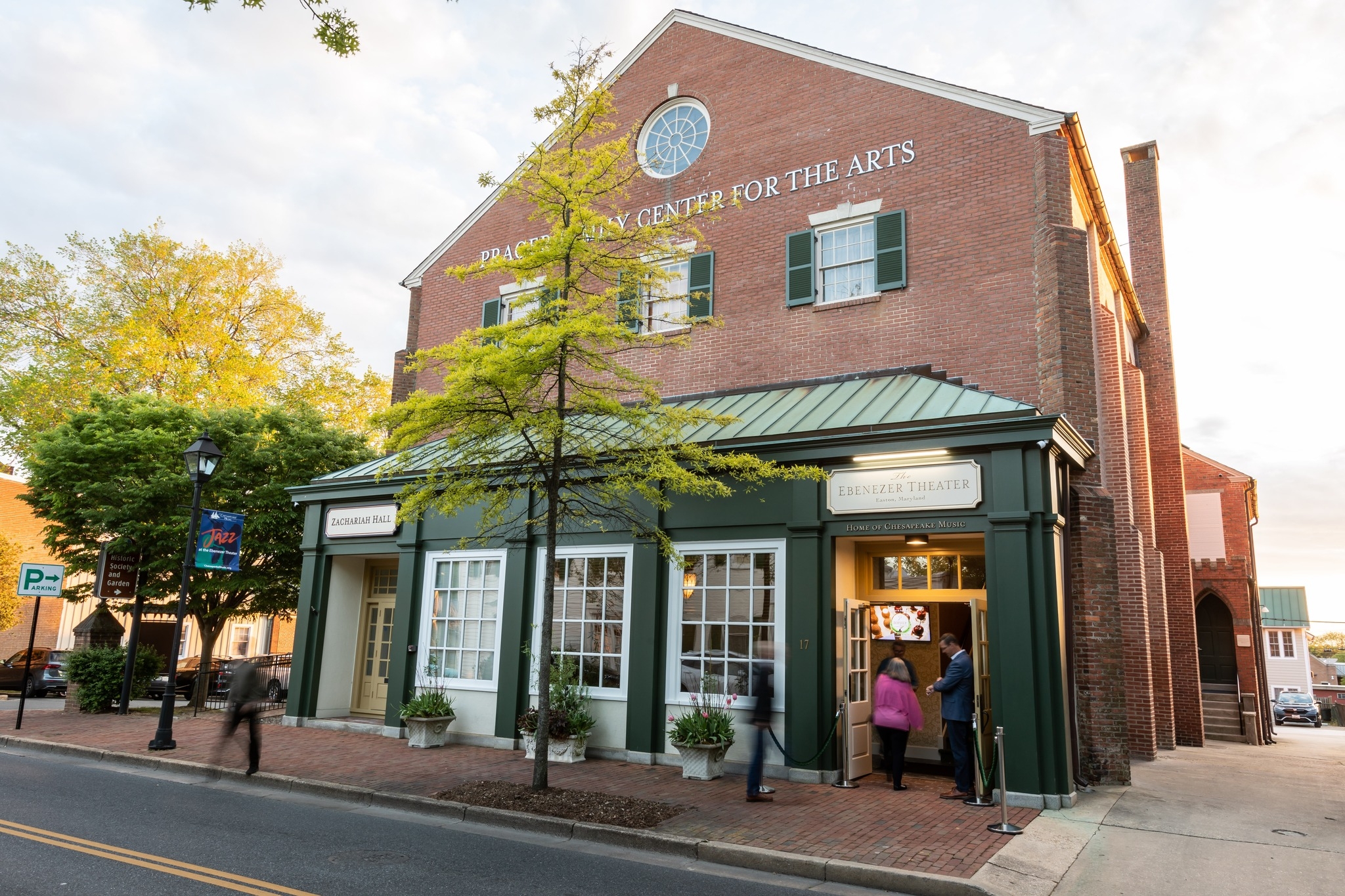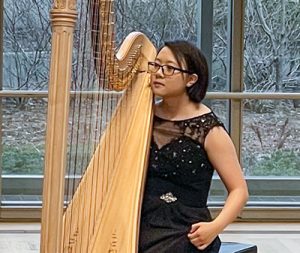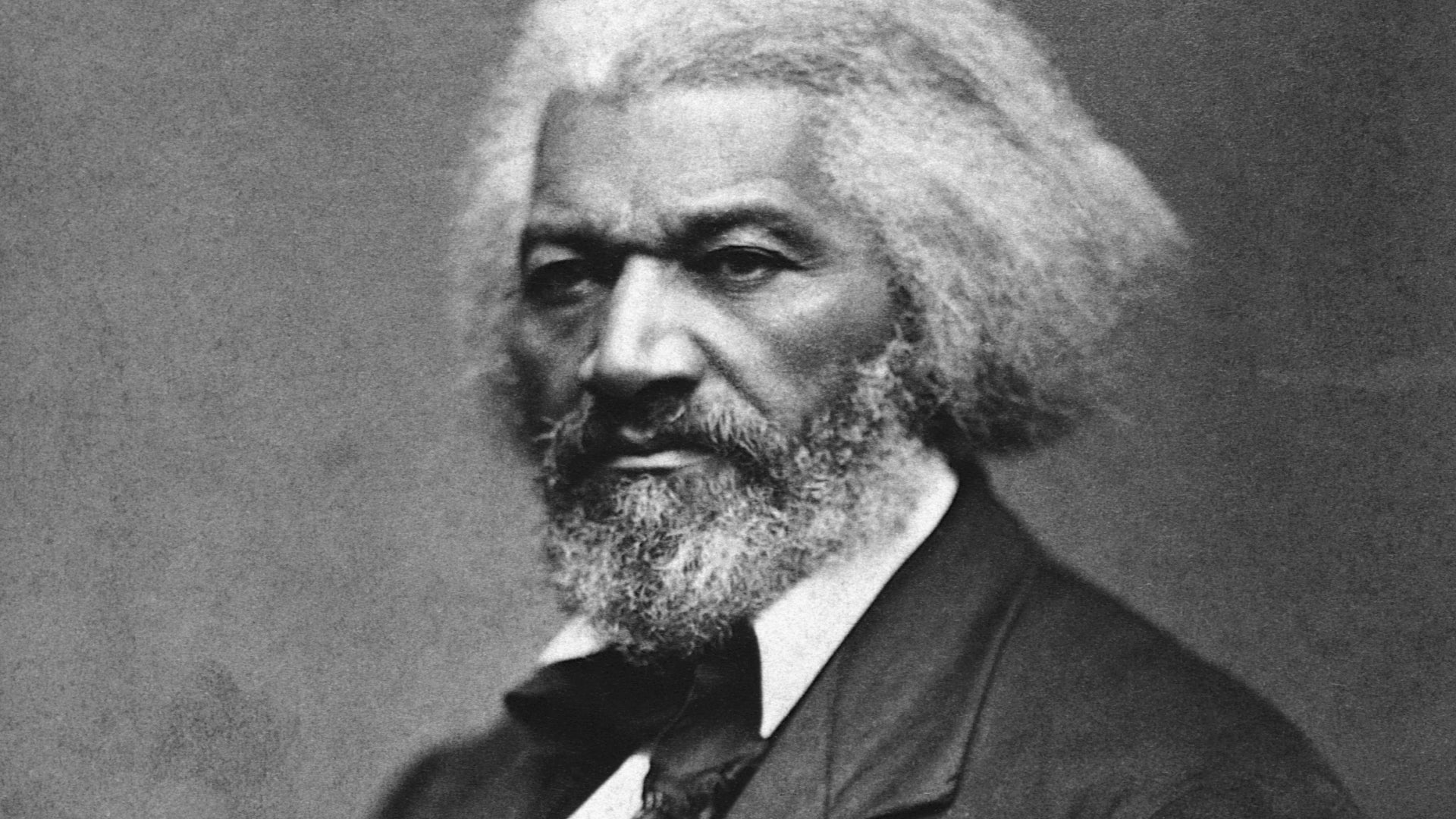
The Amara Trio
A trio who got together barely nine months ago – late in the summer of 2023 – came away with the top prize of $10,000 in the 11th biennial Chesapeake International Chamber Music Competition Saturday at Easton’s exquisite Ebenezer Theater.
The Amara Trio, who met at Manhattan’s prestigious and hugely competitive Juilliard School, performed a challenging and musically diverse program of chamber compositions by Rebecca Clarke, better known as a viola virtuoso who cracked the British orchestral barrier to female musicians, and two wildly haunting movements from Shostakovich’s Piano Concerto No. 2, which was somehow topped by their rendering of Mendelssohn’s sumptuous, if repetitive, first piano concerto.
The next biggest winner of the competition was the all-saxophone quartet Pulse from Michigan State University, three of whom are graduating – leaving their junior member to fend for himself. Pulse captured both the audience-choice prize of $5,000, and a judges’ tie vote for the runner-up prize with the Hesper String Quartet, representing the “usual suspects” among chamber music competitors.
That said, it doesn’t mean in any way that Hesper did not rise to the occasion. They were the only chamber group that concentrated their skilled efforts on just two compositions, playing them more or less to completion under the 45-minute performance time limit. The Schubert String Quartet No. 14, subtitled “Death of the Maiden,” opens solemnly as you might expect from the title, turning urgent and then melodic to a climactic finish. The discordant Bartok Quartet No. 3 showed off the range of these Stony Brook University musicians based in Long Island and New York. The moderato refrains built toward crisis tension with quivering violin strings and assertive cello strokes and thumps leading to a reflective surprise finish.
To my eyes and ears, what seemed to win for the Amara Trio was their connection to each other – especially in the complexities of the Shostakovich No. 2 from which they dropped the first movement because of time constraints. (Folks who heard them in the Sunday matinee performance at Holy Trinity in Easton got the full treatment of that piece.)
In the Saturday competition, it was impossible for the audience, and perhaps the fellow musicians, not to notice the emotional expression of their pianist to whatever phrase presented a potential coda response that turned out to be a mere tease. If their idea was not to have too much drama, it worked. There were several such moments, and I was fooled each time. Best to wait for the great climax. These guys – a guy and two girls, actually – were terrific that way,
The same might be said of Pulse, the winner of the audience-favorite award, who also tied for the runners-up judges’ prize with the Hesper four. Pulse blew me away with no less than six pieces in a 45-minute tour de force on brass: A suite by Grieg, Marquez’s Cuban romanticism to O’Halloran’s “Night Music” jazz romp and a melodically soothing Puccini, followed by Itoh’s “Doublethink,” a deeply wrinkled take on Orwellian political mythology, anchored by the improvisational “Converging Spectrum” by young African-American jazz pianist Kevin Day – all of it displaying Pulse’s incredible range. I was particularly impressed with their wind-blown technique that produced the sound of ocean waves without vibrant brass notes.
The Amara Trio winners, I suspect, earned their prize with an on-stage presence that may have separated them from the evident skill of each of their competitors. It was impossible not to notice their connection – remarkable in that they just got together – to my well-aged mind – basically the day before yesterday. May the Amara Trio achieve the success they deserve. They’re really good.
That said, all the other chamber groups who came away without a specific prize deserve the standing ovations they received on Saturday. Each finalist also earned a $1,000 cash prize.
Among them are the Trio Menil, who performed a challenging program of Haydn, Ives and an emotional rendition of Mendelssohn’s Trio No. 2. Plus the opening act, the Kodak Quartet’s ambitious five-piece medley starting with the Ligeti nocturne memorialized by the Holocaust, known as “Metamorphoses.”
To pick winners or losers among these five competitors was to me, all but impossible. But that’s what a competition is about. Congratulations to all these young up-and-comers.
Remember these names for future classical music reference:
Amara Trio: Pianist Kevin Jansson, cellist Nagyeom, Jang, violinist Christina Nam.
Pulse: Zachary Costello, soprano saxophone; Michael Ethier, baritone sax;
Owen Robinson, tenor sax; Spencer Cox, alto sax.
Hesper Quartet: Violinists SeJeong Kim and Ye Jin Yoon, violist SoHui Yun, and cellist Connor Kim.
Kodak Quartet: Violinists Edgar Donati and Martin Noh, violist Daniel Spink, and cellist Blake Kitayama.
Trio Manil: Pianist Jonathan Muk, cellist David Dietz, and violinist Jeongwon An (also known as Claire).
Congratulations to all five finalists. You’re all winners.
Chesapeake International Chamber Music Competition
Saturday, April 13, Ebenezer Theater, Easton; chesapeakemusic.org
Steve Parks is a retired New York arts critic now living in his hometown of Easton.




















